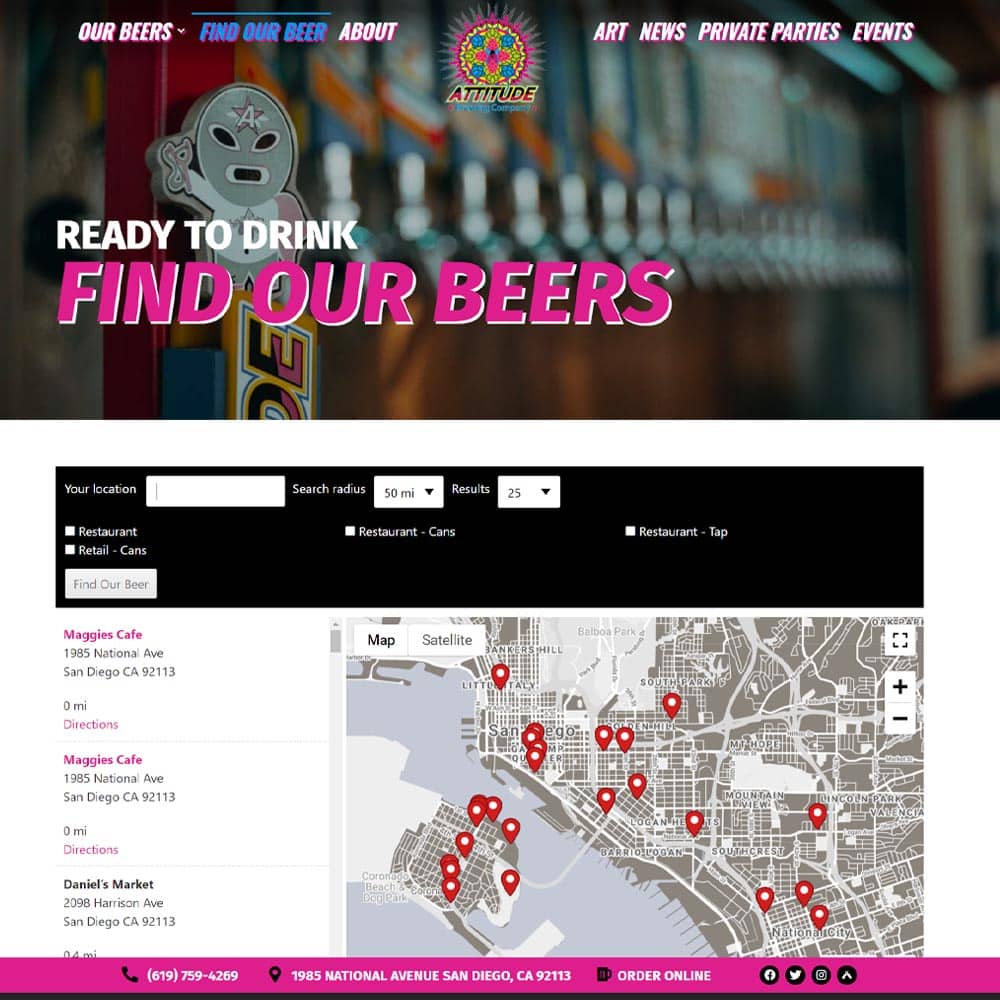If you are a small business owner or a webmaster you’ve probably heard mention of, or seen the term SEO mixed in with all of the other marketing tips you may be receiving. And if you are like many just beginning to create a web presence for yourself, you already understand the necessity of having a site that ranks high on the list of search engine results. However, you may not fully understand how the process of search engine optimization, or SEO, works.
So, what exactly is search engine optimization, you ask? That is the process businesses rely upon to get their websites coming up on the first page of search engine results whenever someone searches for something related to that particular site. It is basically based on the concept of keywords, or words people might type into a search engine when looking for something like what your site has to offer.

Here’s a quick, basic example:
For instance, say Mr. Kitty has a website called Purrfectlyfunny.com. This website sells delightful toys for irritating those pesky masters. Now, the goal of search engine optimization is to figure out what kinds of searches might lead a person to this website, and optimize your chances of being found. Perhaps, one of Mr. Kitty’s customers strides over to a computer and puts the phrase “hair ball” into a search engine like Google.
Well, what do you know? Purrfectlyfunny.com happens to sell hair balls of all shapes, sizes, and consistencies. Oh, yes, they have just the right one for this customer to use for irritating his owner. The only problem is that Mr. Kitty’s website does not show up on even the first few pages of the results, and this means that Purrfectlyfunny.com will likely not be found by the customer.
But, the good news is that Mr. Kitty now has an idea of what sort of searches might lead a prospective customer to his site. He can now incorporate these keywords, or key phrases as the case may be, into his web content. By strategically placing these keywords on various web pages throughout the site, the search engines will be able to decide where Mr. Kitty’s website falls in the relevance category when displaying results. The more relevant to the search, the higher Mr. Kitty’s site will be displayed on the results page.
Now that you have a basic understanding of what this process is, you might also want to keep in mind that there are other factors that influence the way an engine determines a site’s ranking in the search results. In example, just as search words matter, so do title words. Often a web page’s title is a tell-tale sign as to what kind of information is located on that page. If a customer is searching for “big, bad, nasty hair ball” and Mr. Kitty has a page entitled How to Find the Biggest, Most Nasty Hairballs then Mr. Kitty’s page is likely to be among the top results.
Lastly, links from other websites to your website are important. However, not just any links. Search engines like Google or Bing take into account the reputation of the sites linking your site to theirs. Those with links from well established websites will receive higher attention. It is seen as a kind or recommendation.
If you keep these things in mind, you can build your business its very own SEO-friendly website. Knowing just a bit about it helps any website go a long way, but there are also companies like PowerClicks that provide search engine optimization services for small businesses to ease the burden on small business owners.
Remember to subscribe to our list so you can receive updates on all of the information and resources you need to get your small business ahead!







